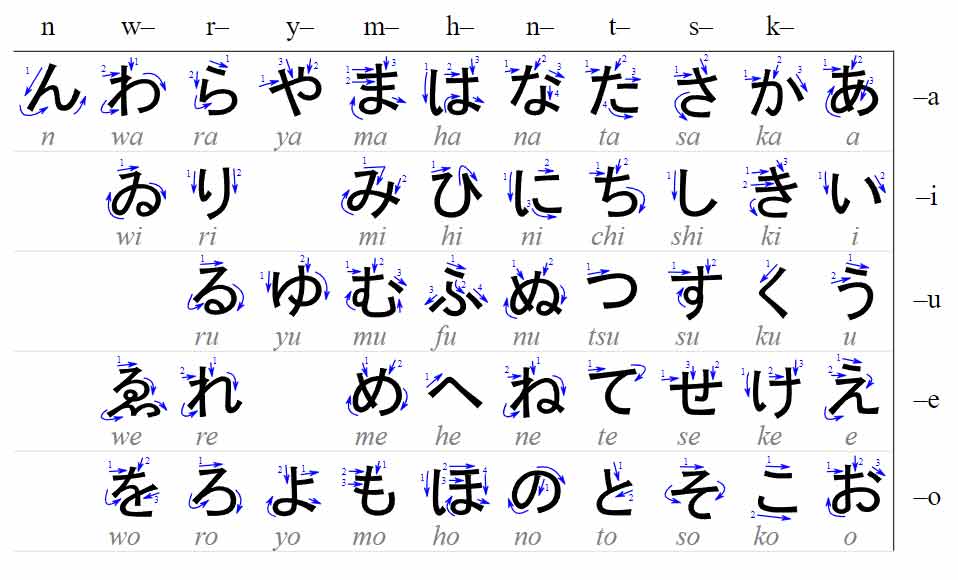

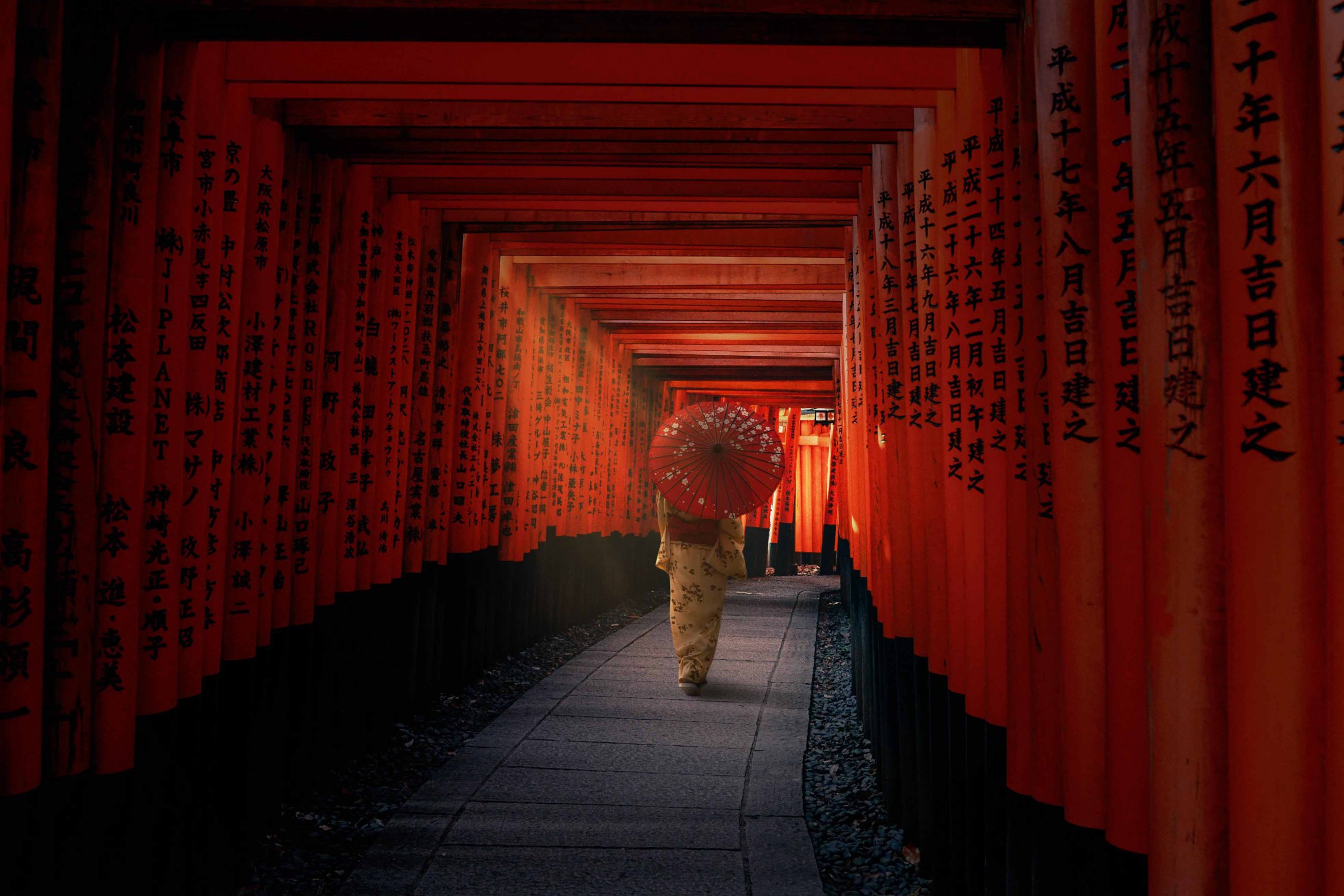
Japan has a very long history and is one of the oldest cultures in the world. The island was formed over hundreds of millions of years, but the last major movement can be traced back to 15 million years ago as a result of 7 tectonic plates colliding together. Traces of humans living in the Japanese archipelago have been found dating back to 30,000 BC. The Japanese empire doesn’t have an official starting date, but records of the country can go back from 2000 to 2600 years ago.
This is a simpler answer it has 248 officially named eras. To get more in-depth about the different eras the naming system was adopted from China, and in 645 when Emperor Kotoku took the throne, he named the first era Taika. This system was abandoned when Emperor Kotoku died but was reinstated in the year 701. It has continued since then. A new era will start when a previous Emperor dies thus the eras do not have set dates that they will take place.
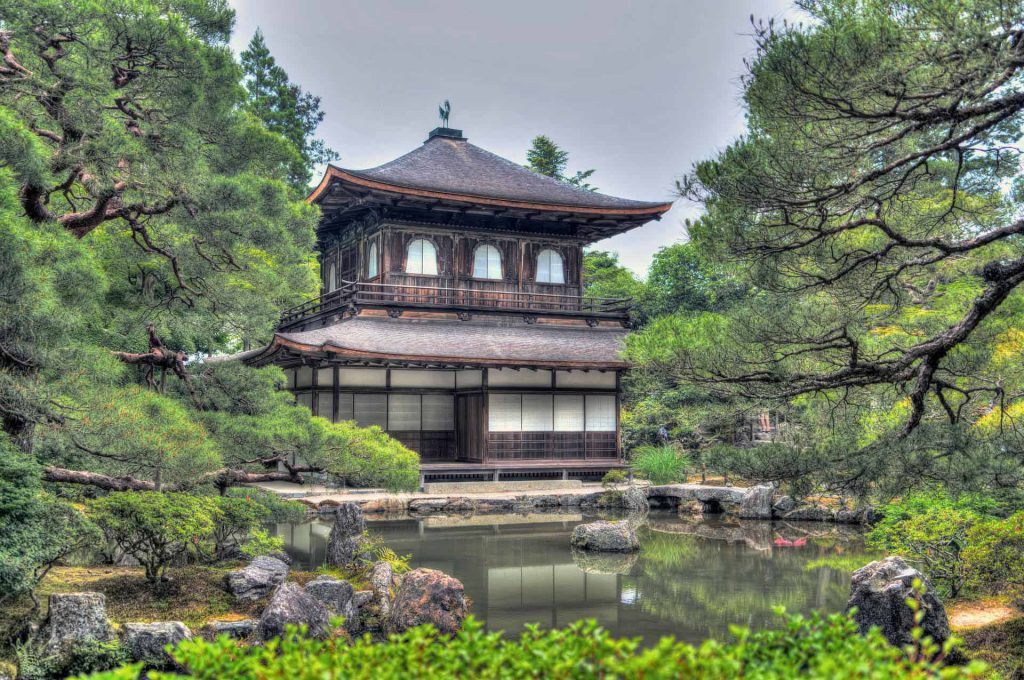
Let me begin by saying that the Meiji constitution states, “Japanese subjects shall, within limits not prejudicial to peace and order, and not antagonistic to their duties as subjects, enjoy the freedom of religious belief” and the 1947 constitution states, “Freedom of religion is guaranteed to all. No religious organization shall receive any privileges from the State, nor exercise any political authority. No person shall be compelled to take part in any religious act, celebration, rite, or practice. The State and its organs shall refrain from religious education or any other religious activity”. That being said here are some more commonly asked questions.
The main indigenous religion of Japan is Shinto. This religion is an action-centered religion where many rituals and prayers at shrines are carried out diligently. The use of the word Shinto which means “way of the gods” can be traced back to the 6th century. As of 2018 69% (89 million people) of the Japanese population follows the religion with over 100,000 shrines and 78,890 priests.
The second most followed religion in Japan is Buddhism, this was introduced in the 6th century when the king of Baekje in Korea sent a picture of Buddha along with a sutra to the Japanese emperor. As of 2018 67% (84 million people) of the Japanese population followed Buddhism. It is also important to mention that many Japanese consider themselves followers of both Buddhism and Shinto. Buddhism and shamanism in Mongolia are the same as Buddhism and Shinto in japan with many people following both religons.
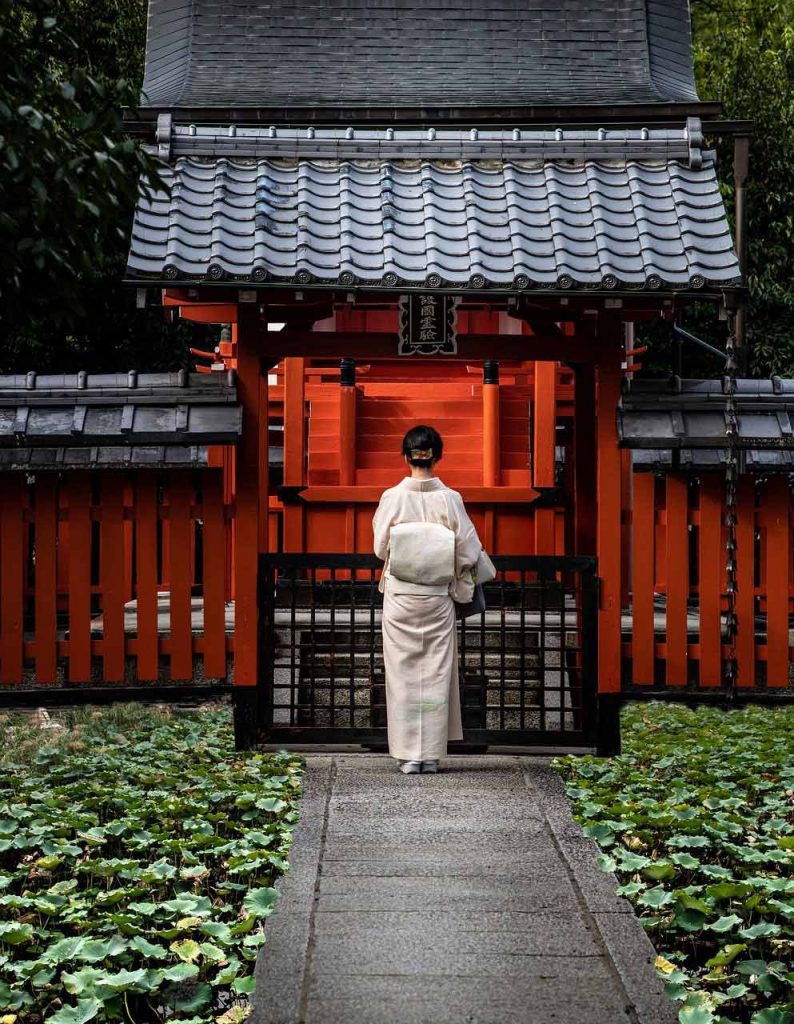
Yes, and it is the third most followed religion in Japan with 1.5(1.91million people) percent of the population following it. As of 2013, there are 32,718 churches registered with the Agency of Cultural Affairs. Of the registered churches the density of churches in Japan is higher in western Japan than in eastern Japan.
Yes, although it is not a widely practiced religion with less than 1% (230,000 people) of the population following its practices. There are only 110 mosques in the whole country although compared to the 24 in 2001 the number is great. Of those mosques, the biggest one is Tokyo Camii with place for 1200 worshipers.
Yes, although it is also not a widely practiced religion with less than 1% (40,000 people) of the population following its practices.
Yes, but the number is incredibly small with around only 2000 followers. There are three active synagogues in Japan. The population of Jews spiked during WW2 when Japanese diplomat Chiune Sugihara and Dutch diplomat Jan Zwartendijk disobeyed orders and helped over 7000 Jews escape Nazi rule by issuing travel visas to them. After the war, many returned to their home country or went to Israel.
The cuisine in Japan has been heavily influenced by other countries leading to a mixing pot of different foods from all over Asia and Europe. The first major influence was in 300 BC when the Japanese learned how to cultivate rice and soy from China this led to the Japanese diet consisting mainly of rice. Around the same time, they also adopted the use of chopsticks from China. In the early 1200s trade with the Dutch and other European countries brought more western foods like corn and potatoes. When the Portuguese arrived in Japan they introduced batter frying which led to the very commonly eaten food “tempura’s” creation. Some examples of popular food in modern Japan are Ramen, sushi, Gyoza, Tempura, Gyudon, Udon, Soba, and Kare Raisu.
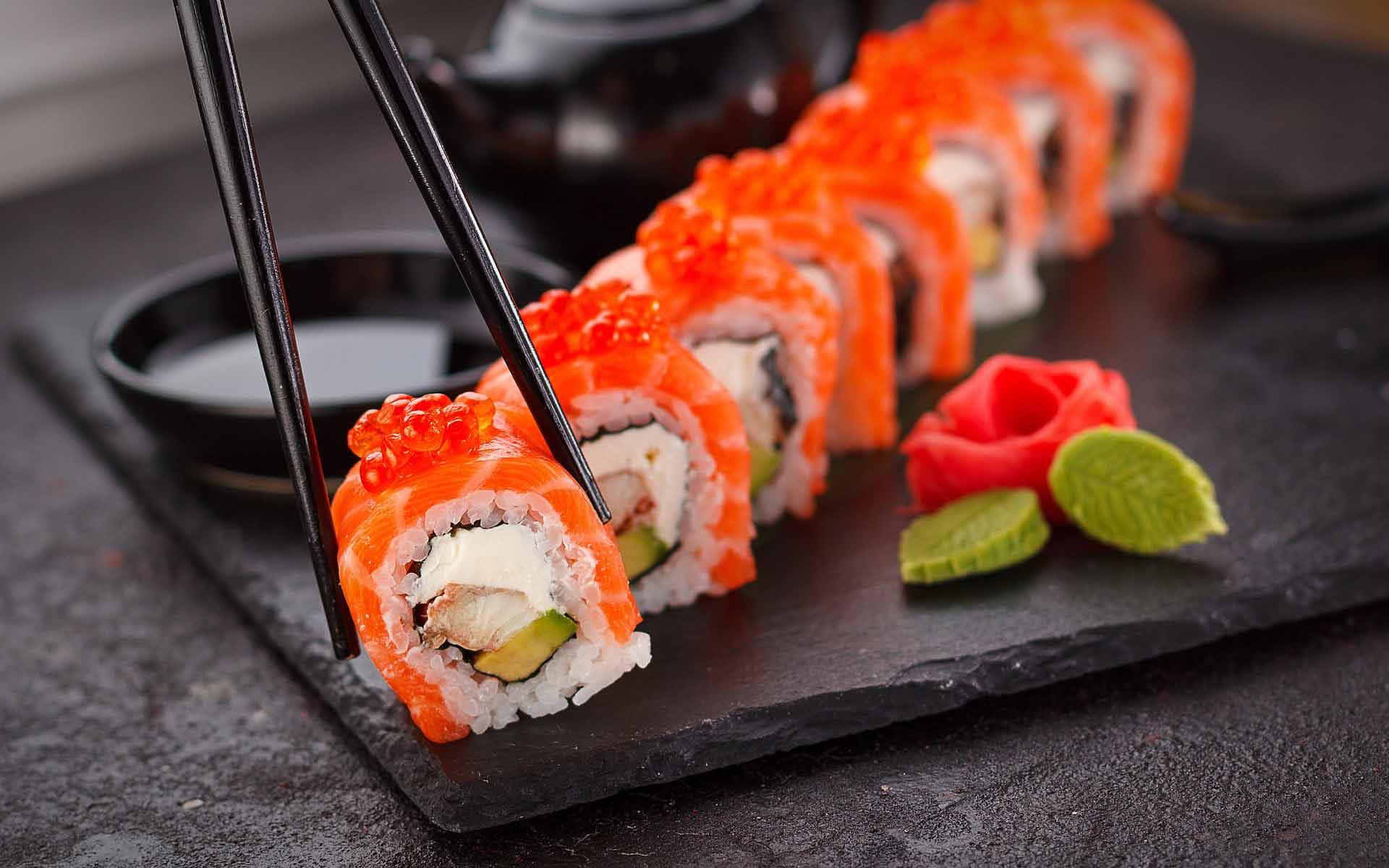
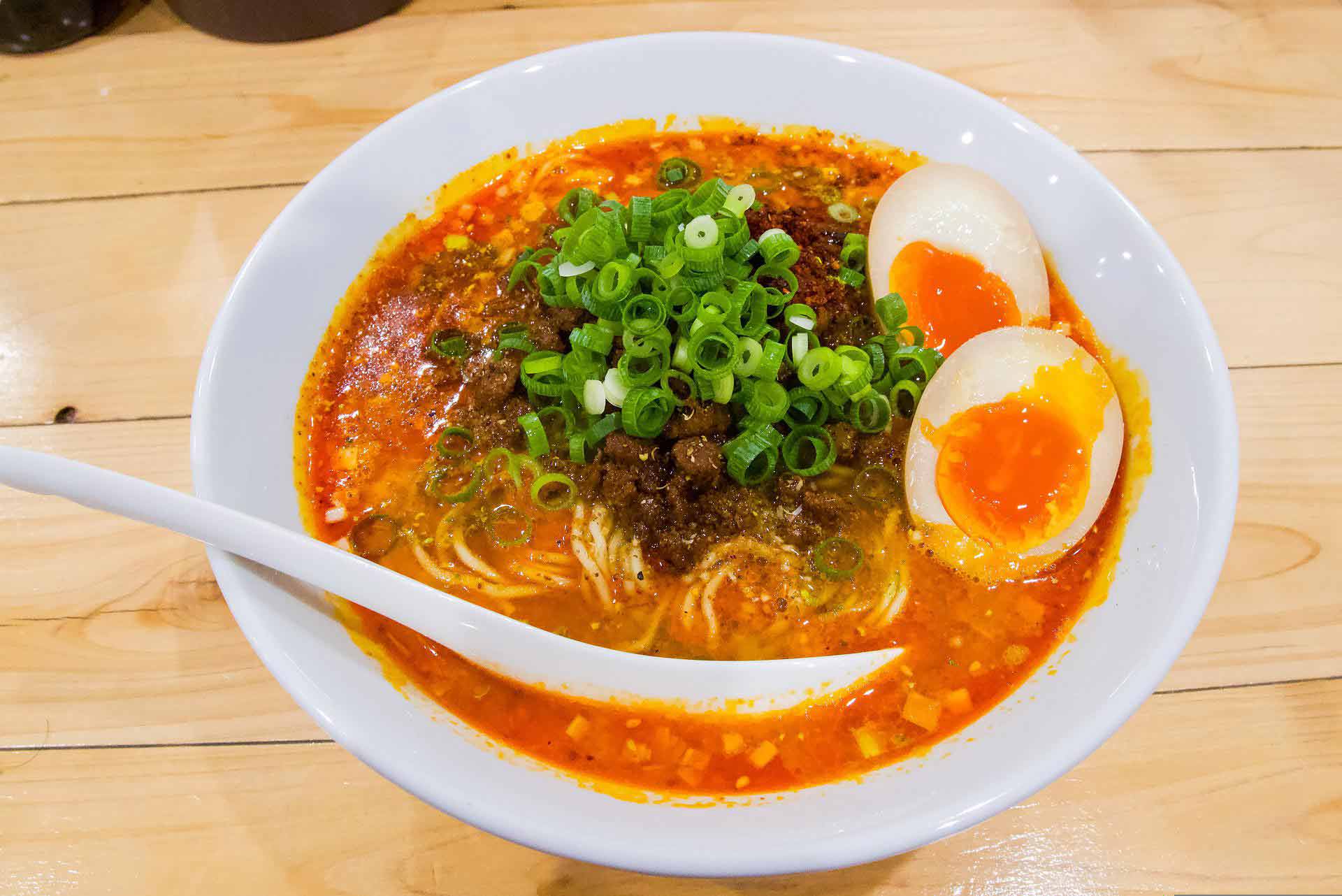
Yes, this is because the Japanese diet consists mainly of unprocessed and fresh food. The average Japanese person will live to 73 without any major health complications and the average life expectancy is well over 80. They also have one of the lowest obesity rates in the world with 3.6% of the population having over 30 on the BMI index. Another contributor to how healthy the Japanese are could be that the average Japanese student and worker will get around 60 minutes of exercise by walking or cycling to and from school and their workplace.
Japan has many beautiful and bizarre festivals some may vary from town to town and city to city but there are many that are celebrated countrywide here are some examples of the biggest festivals in Japan. Shōgatsu or in English new year’s day is celebrated on New Year as you may have guessed from the name. in this festival there are many fireworks and food stales and all-around a very fun festival to be a part of. On the morning of the new year, many people go to shrines and pray for blessings for the year ahead.
Hanami or in English cherry blossom festival is a very ancient tradition where you, friends, and family will go to view the cherry blossoms. Depending on where you are in the country it will take place between March and May. There are also tea ceremonies and traditional dances held depending on when you decide on going.
Obon or sometimes just bon is the biggest festival of the summer. This is a 3-day celebration of the ancestors where spirits of the dead will come back home to rest and check on their family. Fires and lanterns are lit to help guide the spirits back home.
In modern Japan, people wear Wafuku and Yofuku. Wafuku translates to “Japanese clothing” and this is the traditional dress in Japan for example kimonos and Yukata. Kimonos are a more formal type of dressing where the clothes are thick and warm. For women, the kimonos have a wide variety of colors and styles for men they have less variety, and they will mostly be darker more earthy tones. Yukatas are a less formal kimono that would be worn in day-to-day life in spring and summer. Both of these traditional dresses are not worn in day-to-day life in modern times though, in modern times people wear Yofuku. This translates to “Western clothes” and as you would expect are just normal clothes like suits, dresses, and jeans.
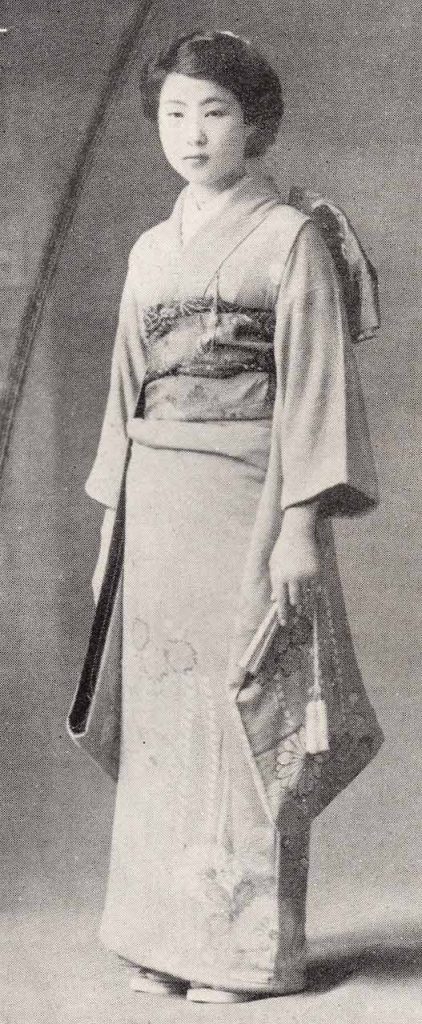

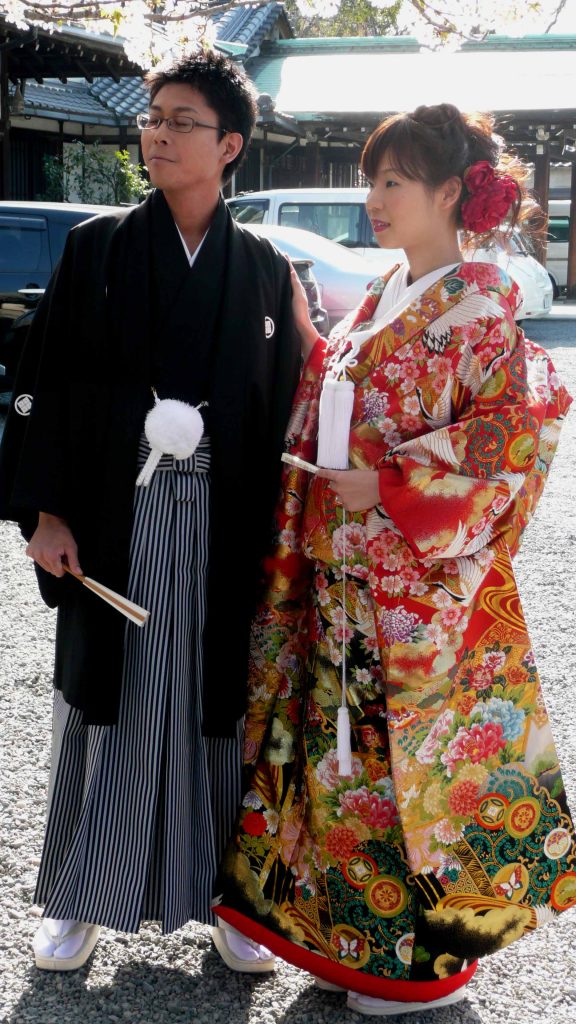
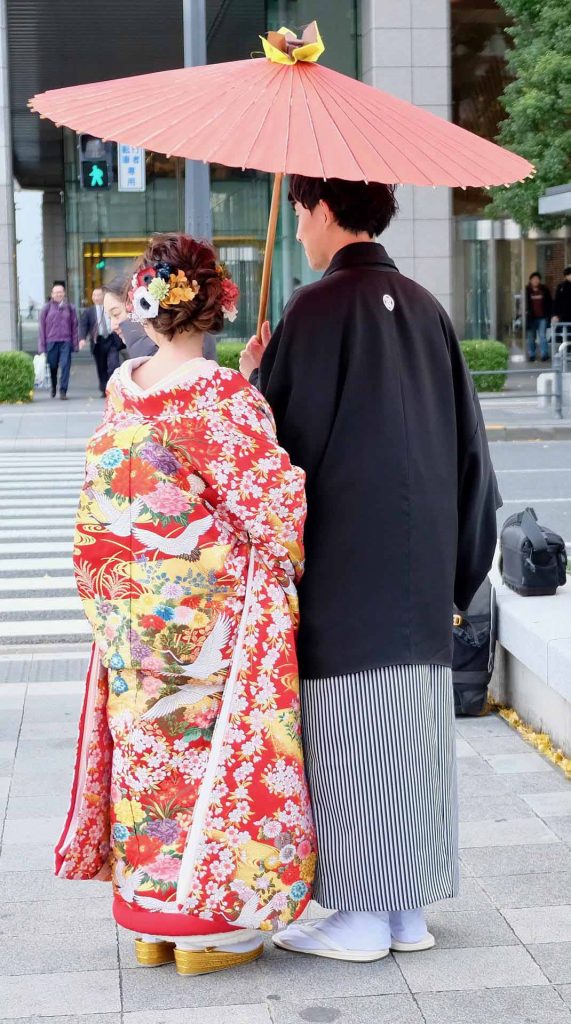
Japan has one of the lowest crime rates in the world with the majority of crimes committed being nonviolent theft and muggings. The crime rate peaked in 2002 with 2.85 million crimes reported since then it has been on a steady 7.5% decrease every year and in 2021 was 568,148. Keep in mind that 568,148 is an incredibly small amount considering the total population in Japan is 125.8 million.
Japan has the lowest murder rate in the world with 0.26 per 100,000, which works out to Japan in 2018 having 334 murders out of their 125.8 million people population.
Yes, although the use of the death penalty is criticized by foreign countries 80% of Japan’s citizens support the use of the death penalty. The method of execution that the Japanese use is by hanging. This form of punishment is only used for serial killers who have killed multiple people although in some cases it will be used on other criminals if their crime involves kidnapping or torture.
Yes, it is safe for members of the LGBT community and people of all colors. That being said there are some cultural differences you should be aware of for example tattoos are taboo in a lot of onsens (bathhouses) but there are many that do accept people with tattoos it is just a small thing to keep in mind. The biggest threat to you whilst being in Japan would be natural disasters. Earthquakes are a common occurrence in Japan which is a good and a bad thing. Of course, it would be ideal for there to be no earthquakes if you are going to be in a country that has them, Japan is the best because of its earthquake safety protocols, which means that you will be safer than any other country that has earthquakes.
Japan is currently peaceful because the consequences of war are still vivid. Because of this Japan’s constitution forbids waging war and the use of military forces that being said there is still a military but most of the soldiers in Japan are from the USA or other foreign countries.
Yes, Japan is a highly developed country with a highly developed free-market economy. It is the third-largest economy in the world after the United States of America and China, this makes it the second-largest developed economy. Its total worth is $5.59 trillion with a GDP of $42,928 and an unemployment rate of 3.0% as of 2021.
Japan has the second-highest life expectancy in the world with the average citizen living to 85 years old. The average life expectancy for females is 88.1 years and for males, it is 81.9 years.
Japan has one of the best health care systems in the world with the highest infant survival rate and some of the highest surgery and chemotherapy survival rates. In Japan, the government regulates the cost of health care to keep it fair for all people. It is also legally required for people to get life insurance; this is most commonly paid by citizens’ employers if not then you can join the national health insurance program. Because Japan uses universal health care when paying for medical services, you will pay between 10-30% of the cost depending on your income and government insurance will cover the rest.
Japan is not an English-speaking country this is evident by a survey conducted in Japan where Japan ranked 53rd in English proficiency this would make Japan fall in the low proficiency band of countries. You can get by in Japan without knowing Japanese but it will be difficult we recommend you have at least a basic understanding of Japanese before you go. That being said in specifically Tokyo the government has made efforts to make public services more accessible to foreigners so it will be easier for a non-Japanese speaker to live or travel there than in the rest of the country.
The most spoken language in Japan to no one surprise is Japanese. Technically speaking Japan has no official language but Japanese is used for all government paperwork and is the language used in public schools. 98% of Japanese citizens’ mother tongue is Japanese the other 2% are foreign-born immigrants that are now citizens.
Yes, any new language is hard to learn but depending on if you speak a similar language, it may be easier to learn a new one for example for English speakers Japanese is ranked as one of the hardest languages to learn but for Chinese speakers, it is a relatively easy language to learn. So, for a native English speaker learning Japanese will be one of the hardest languages you can learn because of the different tones used and of course, the different writing systems which number 3 “Hiragana, Katakana, and Kanji”.
